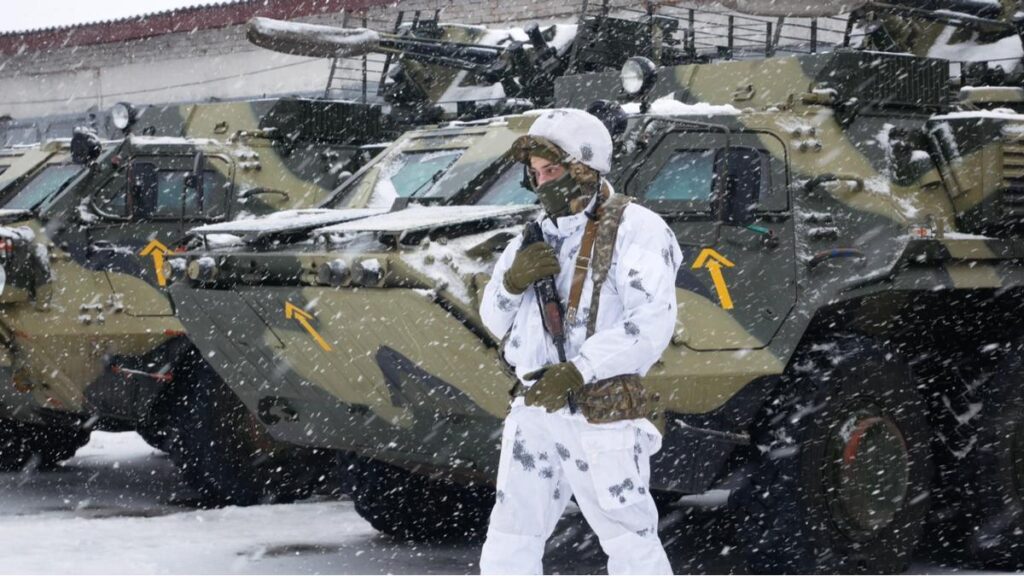
NBC News reported on Thursday that U.S. President Joe Biden was presented with an initial list “of options” to conduct significant cyberattacks against Russian infrastructure as a retaliation to President Vladimir Putin’s military campaign on Ukraine.
According to the news agency, “two U.S. intelligence, one Western intelligence official and another person briefed on the matter say no final decision have been made, but they say U.S. intelligence and military cyber warriors are proposing the use of American cyberweapons on a scale never before contemplated.”
“You could do everything from slow the trains down to have them fall off the tracks,” one person familiar with the matter informed NBC.
Washington, however, denounced these allegations, emphasizing that these statements “do not reflect what is actually being discussed in any shape or form.”
The NBC report revealed that President Biden was provided with an extensive menu of never-before-considered options to impose cyberattacks on Russia for its political and military stance against Ukraine in an effort to hamper Russia’s ability to enforce its military capabilities during the attacks.
Some of these options include disabling Russia’s electrical power grid, shutting down its internet, and tampering with railroad configuration to hinder Russian capacity in resupplying its military forces.
On Wednesday, President Putin made the first move in its long-anticipated invasion of Ukrainian territory. Entering the borders, the invasion’s early hours left behind a minimum of 40 Ukrainian soldiers dead and a wave of air attacks on the country’s cities and towns.
The Russian President’s “special military operation” has left the European Union (EU), as well as the U.S., in a state of concern out of worry that the situation, if not correctly and thoughtlessly defused, could lead to a much more complex international conflict with Russia.
One of the most dreaded outcomes would be an inevitable cyberspace shooting war amongst nation-state hackers.
From the U.S. side, if these claims are indeed factual and the U.S. is actually considering cybersecurity options to hinder Russian bulk through cyberspace, would be carried out by parties of the National Security Agency (NSA), Central Intelligence Agency (CIA), or even the U.S. Cyber Command agency.
While the probability of these cyberattacks being carried out is minimal, sources familiar with the issue elaborated that they could be “pre-emptive,” regardless of Russia imposing any cyber threats and carrying out any attacks on the U.S.

Sources also mentioned that “most of the potential cyberattacks under consideration are designed to disrupt but not destroy, and therefore fall short of an act of war by the United States against Russia.”
Even though the intensity and the national effect of the U.S’ possible cyberattacks on Russia’s infrastructure might hold minor damage on Russia, the necessity, however, is there. A U.S. retaliation to Russia’s invasion of Ukraine seems sensible, given if President Putin obtains complete control of Ukraine, he would be risking an absolute rupture of geopolitical connections with the West.
Senator Mark Warner, chair of the U.S. Senate Intelligence Committee, told Axios in an interview that considering the current events and circumstances, the U.S. might be compelled to launch digital attacks on Russia.
Adding, any form of cyberattacks would mainly provoke this kind of retaliation either from Russia or any of its allies or if the military attack on Ukraine would spiral out of control and reach regional NATO U.S. partners.